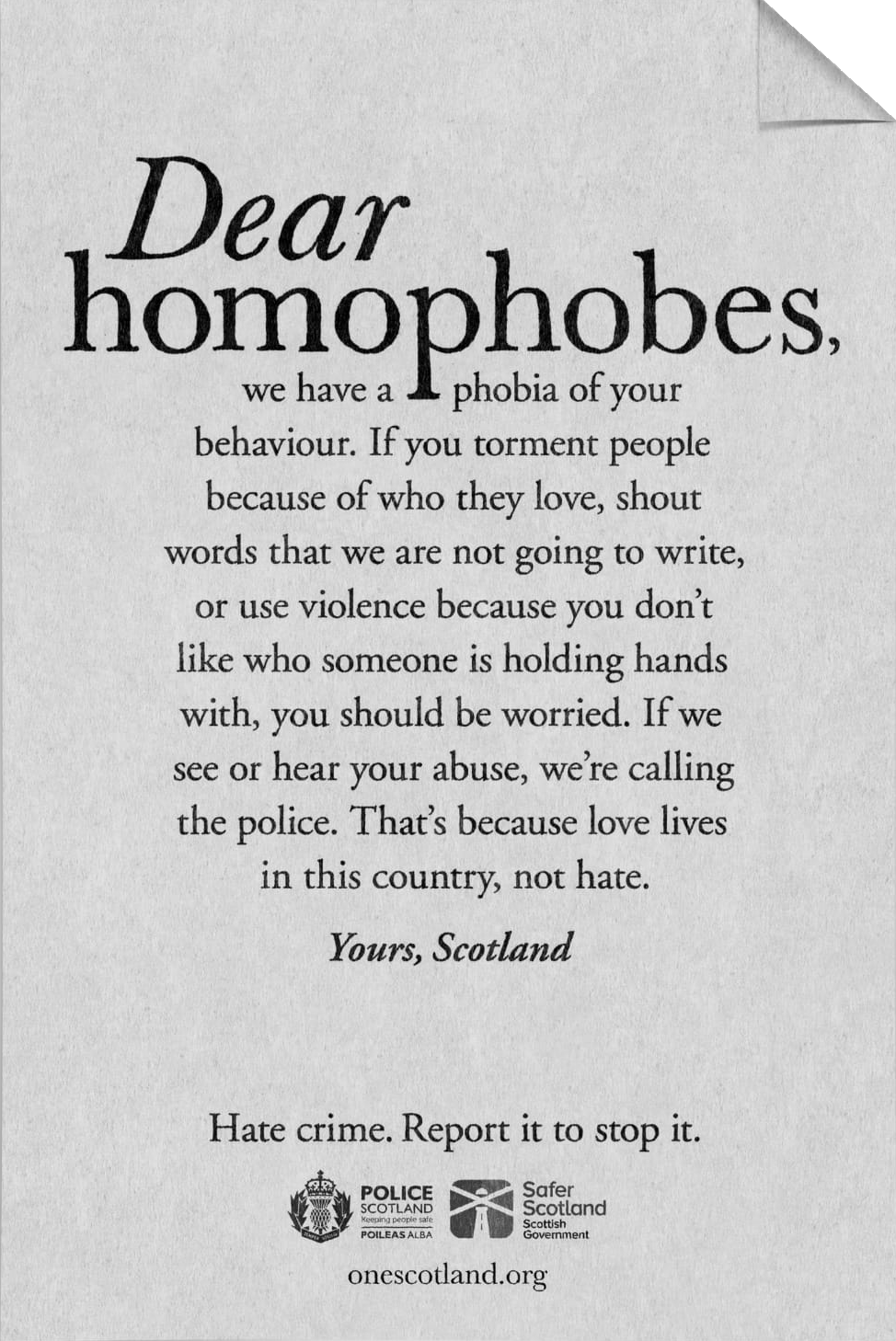My in-laws live a few miles up the east coast of Scotland, in a town called Arbroath. It tickled us no end that our daughter – surrounded by nothing but Scottish accents – parsed this as ‘our broath’.
It’s not the ‘broath’ bit that’s notable (it’s just a nonsense word in this context) but it’s interesting because the ‘our’ is a confusion that could only occur with an RP accent. In RP – and it’s always tricky to render accent phonetically without recourse to IPA, but let’s have a go – ‘our’ would be spoken a bit like ‘ah’. A Scots accent would say that like ‘ow-ur’ – adding a whole other syllable, never mind the more explicit ‘r’ sound.
So an English person may indeed hear ‘Arbroath’ as ‘our broath’ – ‘ah-broeath’ – whereas it probably would never occur to a Scot to parse it that way, because we’d say something like ‘ow-ur-broth’, with that second ‘o’ being long and flat. It’s curious, then, that Ada did hear it as ‘our broath’, and I can only assume that it comes from her watching Cbeebies, which has a lot of RP accents (though blessedly, it’s a much more eclectic mix these days).
It’s all perfectly consistent inside her head, though: the town is simply called Broath. And we know this to be true because she informed us recently that if someone was visiting where grandma and grandad live, it would just be called Broath, but to us, it’s ‘our Broath’.
A tiny, completely inconsequential thing, but something that I found fascinating, highlighting as it does the mechanisms by which we acquire language. She herself speaks with a Scottish accent, but she can hear in other accents.
